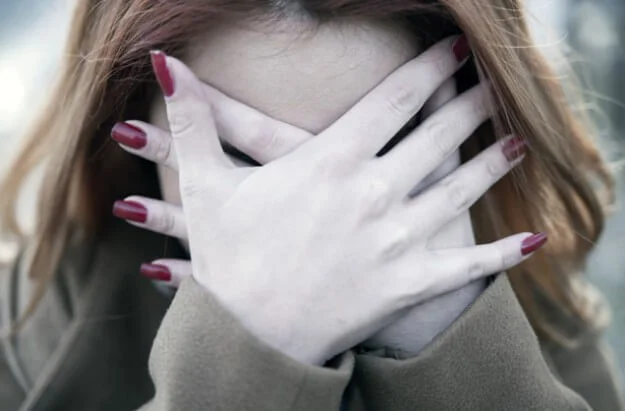The age of anxiety.
We live in a time when stress and anxiety is at epidemic proportions. It seems to infiltrate every part of our lives, and is a major cause of absenteeism from places of employment, costing businesses and industry millions in lost time and production.
Anxiety can rob you of your peace of mind, make you afraid to leave your home, and even cause you to lose your job.
Many people have the wrong idea about anxiety. Some even think it is just part of their personality – believing they are simply highly strung, and not suffering from a mental condition, that is absolutely treatable.
Research has indicated that about 2.4 million Americans in the age group 18 to 54 develop some sort of a panic disorder in any given year.
A survey has also revealed that up to 40% of Australians will experience a panic attack at some time in their lives.
What is a panic attack?
A panic attack is very real, and many folk who first experience a panic attack, often find themselves in the hospital emergency room, because they feel they are having a heart attack. Often, when the person concerned is told that there is no life-threatening danger, and certainly no heart attack, merely an anxiety or panic episode, they are left more confused than relieved, about the events which took place.
If this has happened to you, and you have landed up in the hospital with a pounding, racing heart, and desperately short of breath, then you have had a panic attack. There are many symptoms that can apply to a panic attack, but perhaps the most frightening is the feeling of a heaviness in the chest, and a racing heart, which convinces you that you may be having a heart attack.
Here are some other symptoms common to panic attacks.
· Sudden dizziness and light-headedness.
· Difficulty to breathe.
· Unexplained hot flushes or chills.
· Body trembling and twitching muscles.
· A fear that you may be having a stroke.
· An unreasonable fear that you might be dying.
These feelings are indeed very scary, and one of the greatest fears is that it will happen again, especially if it just occurred out of the blue. The good news is that a panic attack will not kill you, but you will be left traumatised, as well as a feeling that you are not in control of your emotions.
Why do panic attacks happen?
There are five major anxiety disorders which may lead to panic attacks. These include a general panic disorder, Agoraphobia, social phobia, post-traumatic stress disorder, and obsessive-compulsive disorder.
However, the root of all panic attacks is planted in fear – fear that grows in the room of your imagination, fears which you actually create for yourself.
The fear could be as a result of past trauma that has never been dealt with, or any of the anxiety disorders which trigger a panic attack.
In addition to triggering panic attacks, unreasonable fears can prevent you from moving forward in life, stop you getting a better job, stifle your relationships with others, and may even keep you from seeking medical care for a problem that could be serious.
Research has proved that panic and anxiety is not a mental illness. It is merely a disorder which, if you take appropriate action, you are not doomed to suffer from forever. Appropriate action does not mean taking the advice of well-meaning folk telling you to try harder and snap out of it. This advice may only lead to more stress when you find you are not able to click a magic switch that will make everything right.
Treatments that can help panic and anxiety.
The go-to treatment for anxiety which is prescribed by doctors, is usually anti-anxiety or antidepressant medication. While this is effective in the short and even long term, it does not deal with the root cause of your anxiety, and may be the beginning of a long journey between you and medication.
Recent studies have seen the introduction of a relatively new treatment for panic and anxiety attacks. This treatment, known as cognitive-behavioural-therapy (CBT) has been used in other anxiety disorders with a lot of success.
Now with enhanced CBD, using techniques from the ICHP, there is an even higher rate of success and more profound change that occurs at an unconscious level.
What is cognitive-behavioural-therapy? (CBT)
CBT is closely related to hypnotherapy treatment that can help you manage your problems by changing the way you think, behave, and react to stresses, which have the potential to lead to panic and anxiety attacks.
Enhanced CBT utilizes the CBT model and builds upon it's foundation to create even more profound change as it works directly with the unconscious mind to ensure that the client gets a fast and effective transformation enabling them to live free of the old symptoms.
By helping you to change your mindset, and identify root causes which may be causing your anxiety, Advanced CBT and Hypno- Psychotherapy can successfully guide you away from fearful fixations and recurrent panic attacks.

